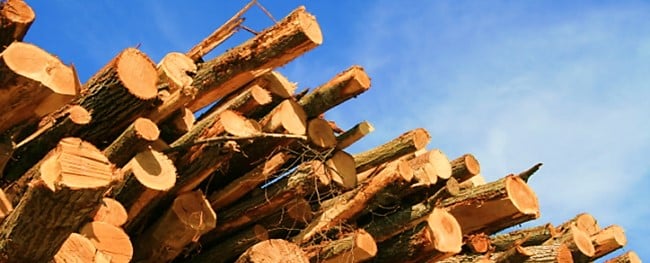Despite the talk of delays in the government’s tender to build 13 forest biomass plants, this is not the only problem affecting the sector.
According to Francisco Pintor, director of Tecneira, the risks facing the development of projects also arise from the presence of a non-competitive tariff with respect to the international market, which “leads to a loss of profitability in investments, which must now be re-evaluated according to today’s requirements.” Parameters that are clearly different from the starting data».
Paulo Brito dos Santos, general manager of Sobiwin, also points the finger at the “wrong” way the tariff was designed, because its updating according to inflation only happens from the moment the unit is put into operation.
With the delay in awarding the final tenders, the tariff, which averages around €108 per megawatt hour, has “depreciated” in the past three years, with a margin loss of around 12 percent, he estimates.
However, the units that will be put into operation in 2011 will continue to enjoy a tariff of around 108 euros per megawatt hour, which is “very dangerous” in the view of Paulo Brito dos Santos.

On the contrary, the plants already in operation will receive higher wages. It is worth noting that this year, the Leirosa (30 MW) and Constancia (14 MW) units of the Altri and EDP groups are scheduled to come into operation, which have six other licenses.
“Since the Altri and EDP plants start operating earlier than the units generated by the competition, they will receive a higher wage,” explains Paulo Brito dos Santos. According to their calculations, these plants could already receive a wage of more than 120 euros per megawatt hour, and for this reason, they will be able to pay more for biomass.
shortage of raw materials
This is an important assumption when we know that ongoing and planned projects will increase competition for raw materials.
Just to power the 13 plants in the competition, the EDP/Altri units and the pellet projects spread across the country, according to calculations by Salvador Malheiro, country director of the Swedish Embassy for Renewable Energy, 10 million tons of biomass will be needed, almost double last year’s needs. However, the biomass available in the national territory may not be enough for all requests.
Studies on the availability of forest biomass in Portugal began in 1985, with work carried out by the consulting firm Arthur D. Little and Tecninvest.
Annual production of forest and wood industry waste is estimated at 3.54 million green tonnes, mostly from the exploitation of maritime pine, eucalyptus and cork oak forests. More recent data suggest that availability could range from two to six tonnes.
In fact, Salvador Malheiro warns that “biomass will not be enough for all projects. In any case, in the current situation it is difficult for all investments to advance.” However, to face the expected shortage of raw materials, the expert advises investing in energy crops.
Other possibilities to address resource scarcity include investing in recycling wood from civil construction and furniture, instead of sending it to landfill, but also by feeding thermal power plants with waste-derived fuel, adds Salvador Malheiro.
Export scares away national investors
But the list of threats facing suspended projects does not end with the problem of resource scarcity, which could be exacerbated by the export of biomass to other countries.
The 108 MWh tariff is, according to Salvador Malheiro, “not appetizing, compared to neighboring countries, such as Spain and Italy.” Only in Spanish territory can the tariff range from 117 euros per megawatt hour to 150 euros per megawatt hour. In contrast, Italy pays 300 euros per megawatt hour for plants of up to 1 MW, more than three times the Portuguese rate.
“Green oil,” as it is called, often crosses national borders. “In Europe there is no common practice regarding electricity tariffs,” criticizes Paulo Brito dos Santos, which can lead to market distortions.
For this reason, the general manager of Sobiwin warns: “Portugal must, at least, update its tariff to match Spain, otherwise the biomass close to the border will disappear.”



